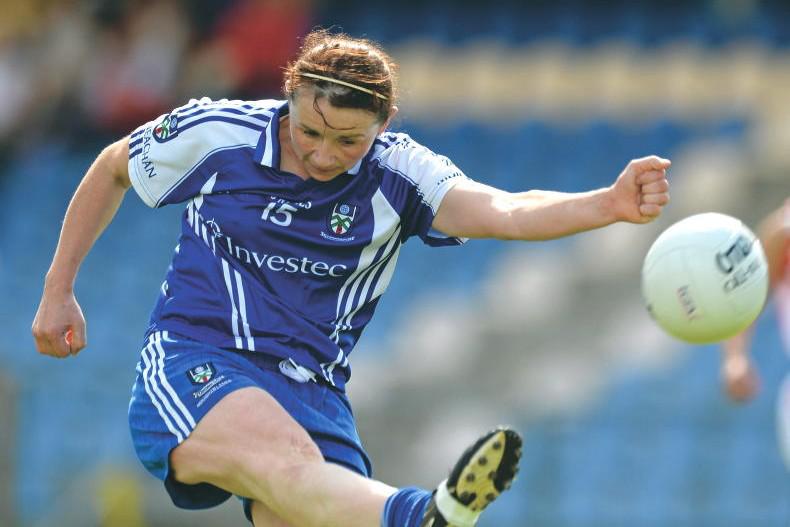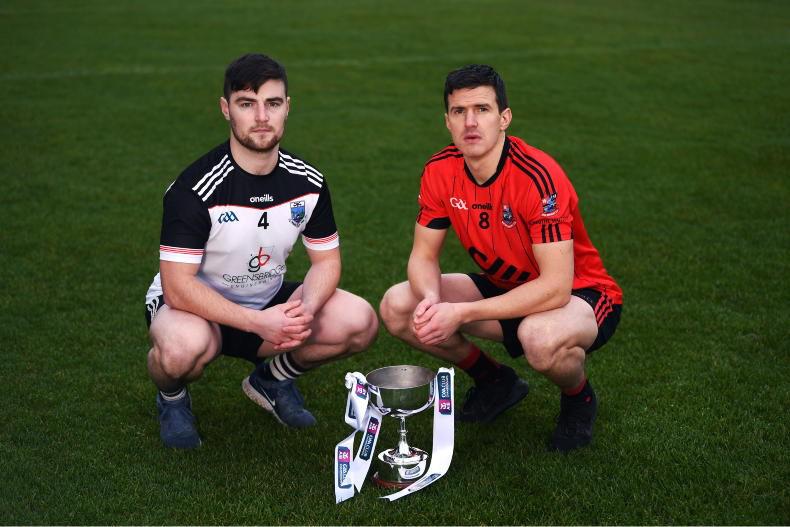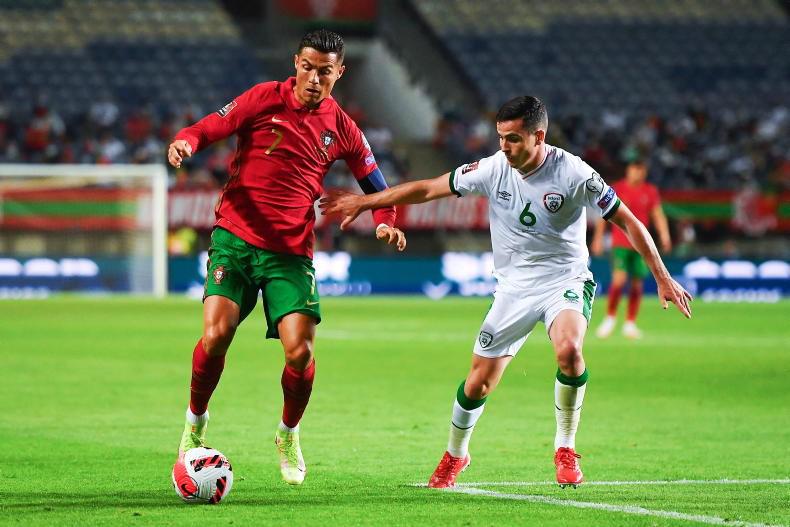The UEFA Nations League was designed to give countries fewer meaningless international friendlies and to provide competition for similarly-matched teams, but it can feel like a bit of a slog for those outside of the top echelons of football in the continent.
The Republic of Ireland will complete their latest campaign with a Group B1 game away to Scotland on Saturday and at home to Armenia on Tuesday.
With all due respect to everyone involved, even those with a strong interest in soccer would be forgiven if they had to look up the results in the previous four games to be reminded how Stephen Kenny’s side had fared.
Early losses away to Armenia and at home to Ukraine were followed in June with the excellent 3-0 victory over Scotland before a good draw away to Ukraine and, while Ireland are in third spot ahead of the last set of fixtures, it’s not completely out of the question that they would finish top.
That would earn a place in the finals next June and the possibility of promotion to League A but, equally, it could be the case that the Armenia match is effectively a battle to avoid finishing fourth, which would result in having to participate in the relegation play-offs in March. Of 2024. Nobody does labyrinthine like UEFA.
The important thing is that the pressure is off though, as a run of bad results can feel interminable, as each new experiment comes up short.
The results in June were a tonic for Ireland at a time when it felt like the team was struggling to make some progress, with any positive steps almost immediately counter-balanced by something bad happening.
However, the nature of international football is such that momentum can be hard to build when opportunities for the players and management to gather are so limited.
With this current break really shoehorned in to what is already a hectic schedule, domestic and European programmes are looking to compensate for the fact that the World Cup is taking a chunk out of the ‘normal’ season.
The important thing is that the pressure is off though, as a run of bad results can feel interminable, as each new experiment comes up short.
Showing that they can mix it with Scotland and Ukraine will have given the team important belief, and the challenge now is to show that they can carry on from those games and that they weren’t just end-of-season anomalies.
The great thing about attending club GAA games, especially in rural venues where you’re right on the sideline, is that you never know what to expect but there will generally be one or two entertaining vignettes.
Last weekend, a selector of a team losing a relegation play-off instantly perked up when he heard that a neighbouring club, playing a similar game in the grade below, were also being beaten.
Then, on Sunday, we had a nice example to be filed in the Things You Never Thought You’d See drawer (one which, admittedly, does tend to fill up quicker than expected).
It was a day borrowed from July as O’Donovan Rossa of Skibbereen took on their Dunmanway neighbours Dohenys in the Bons Secours Hospital Cork Premier Senior A Football Championship semi-final at the picturesque venue of Wolfe Tone Park in Bantry.
As a result, more hydration was needed and stoppages in play saw replenishment being thrown into the players.
Incursion
However, during one such break, a strength and conditioning coach ventured beyond the whitewash to personally deliver a water-bottle to a player, much to the chagrin of the referee, who issued him a yellow card for not having sought permission for the incursion.
It made us wonder what would happen if a second booking had been forthcoming.
When a player is sent off, he can sit on the sideline – unlike soccer, for example, where the player cannot be around the dugout area – but a coach is already sited there and so presumably the punishment is to go outside the wire.
Given that the S&C coach was doing most of his work with the subs that were warming up, it probably wouldn’t be a huge hindrance.
Staying with the GAA, something for the Things You Wished You Didn’t Have To See drawer – the alleged perpetrator of the assault on Roscommon referee Kevin Naughton is seeking a hearing after the county board proposed a 96-week ban.
Due process
Due process will have to be followed, of course, and who knows what way the verdict will swing? We can’t second-guess what might happen and so we will wait for the outcome.
However, it does seem to be the way that, no matter what the crime, there is a high volume of appeals in the GAA, on the part of players, mentors or clubs.
Some of that is no doubt genuine on the part of people who feel they have been wronged, but there are some examples of every avenue being exhausted and technicalities examined rather than just taking their medicine.
No downside
Of course, you can hardly blame them when there is no downside to an appeal bar the time and potential fees payable to a solicitor or a barrister – the punishment handed down is the worst-case scenario and seeking a hearing and going to the various appeal bodies can only ameliorate the situation.
We would suggest that the rulebook be altered so that appeals considered frivolous would result in the original sanction being extended, but it would have too much of a ‘turkeys voting for Christmas’ element to be successful, as every club and county knows that ultimately they may need to be the ones seeking a softer penalty.








SHARING OPTIONS